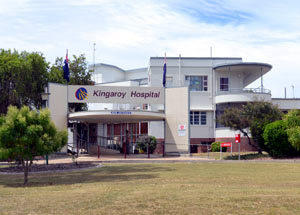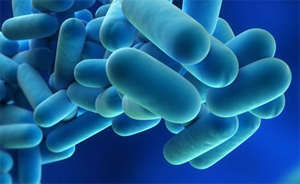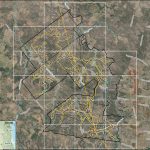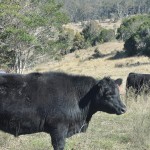
June 25, 2013
Testing by Queensland Health – undertaken in the wake of a recent patient death at Brisbane’s Wesley Hospital – has detected legionella bacteria in water samples at Kingaroy, Murgon, Wondai and Cherbourg hospitals.
Samples taken from Nanango Hospital proved negative.
Darling Downs Hospital and Health Service Chief Executive Dr Peter Bristow said 350 samples of hot and cold water were examined across the region’s 21 facilities and three outpatient centres.
Other hospitals and facilities which also tested positive were Inglewood, Goondiwindi, Dalby, Meandarra, Miles, Oakey, Chinchilla, Wandoan, Taroom, Toowoomba and Baillie Henderson hospitals.
Facilities that tested negative were Mt Lofty Heights Nursing Home, Moonie Outpatients clinic, and Texas, Tara, Jandowae, Warwick, Nanango and Stanthorpe hospitals.
The health service is still awaiting results for the Glenmorgan Outpatients Clinic.
“No hospital wards have been closed and all facilities are operating as normal,” Dr Bristow said.
“There is very low risk but we are working to ensure that even this low risk is further reduced.
“Where positive results have been found we are heat disinfecting the water pipes and we will replace or disinfect taps.
“This work is already underway and I pay tribute to our Building, Engineering and Maintenance teams across the DDHHS who are ensuring this work is conducted thoroughly and efficiently.
“We are working with the Darling Downs Public Health Unit and will be continuously reporting our results to the Acting Chief Health Officer.”
* * *

What is Legionella?
In July, 1976, 221 people became ill – and 34 died – after attending an American Legion convention in Philadelphia. The cause was identified as a previously unknown bacterium, Legionella pneumophila, which had caused a type of pneumonia.
Legionella bacteria are found naturally in the environment. However, they thrive in warm water, such as hot tubs, air conditioning cooling towers, hot water tanks, large plumbing systems and fountains.
People can get Legionnaires’ Disease if they breathe in a mist or vapor containing the bacteria. The bacteria are not spread from person to person.
Most people exposed to the bacteria do not become ill.
Queensland Health ordered all public and private hospitals to test their hot water systems after a 66-year-old patient died and a 46-year-old became critically ill this month at Brisbane’s Wesley Hospital.























